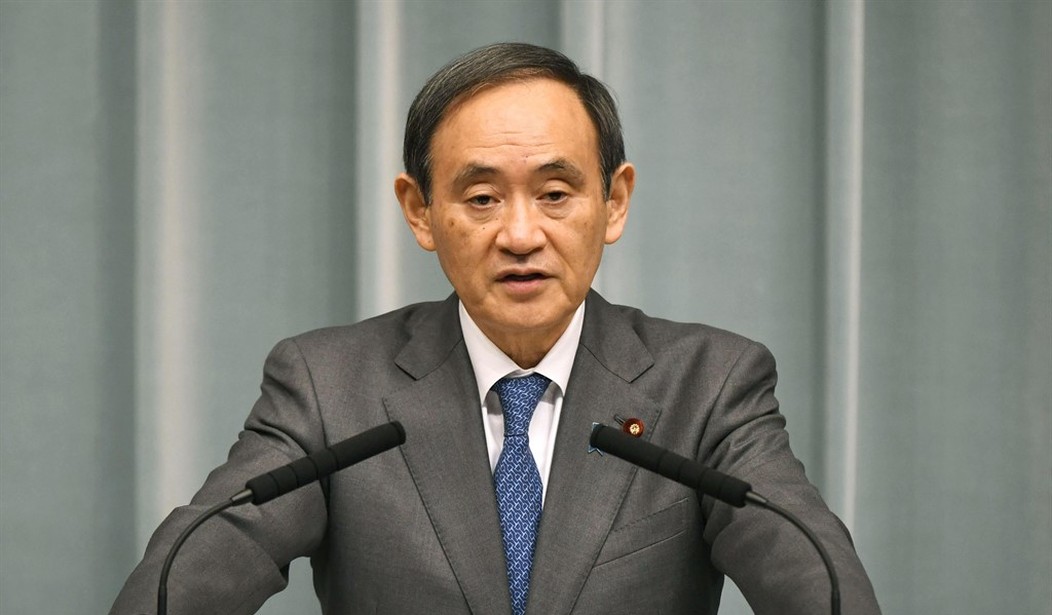At the beginning of June, Japan made the decision to move forward with their plans to host the Olympic Games next month in Tokyo. The decision was complicated by the fact that the country was still in an extended state of emergency due to a resurgent outbreak of COVID, however. This led Prime Minister Yoshihide Suga to announce an ambitious plan to begin vaccinating as many people as possible ahead of the event. While it was clear that they could never reach the vaccination rates the United States has seen in such a short period of time, Suga still hoped to get at least all of the most at-risk people immunized around the areas where the games would take place.
There’s been good news and bad news on that front thus far. To their credit, the mass vaccination sites that were quickly set up have reached a capacity of one million vaccinations per day.But the bad news is that they’re still not going to come anywhere near the initial target and they are simultaneously battling some of the same vaccine hesitancy issues that were encountered in America. (Associated Press)
After months of frustration and delay, Japan has hit the remarkable benchmark of 1 million vaccines a day. But with the Olympics set to start in less than a month, and only a small portion of the country vaccinated, a question lingers: Is it enough?
The vaccination pace is quickening even as the young remain hesitant amid an anti-vaccination misinformation campaign and officials have slowed vaccination reservations as demand outpaces supply.
Add in continued political and bureaucratic bungling and the arrival of highly contagious coronavirus variants, and there are worries that the government’s effort to ramp up vaccinations before the Olympics will fall short.
The surest way for Japan to come out of this with a black eye in terms of global politics would be to have the Olympics turn into a superspreader event. One big step they are taking is to require all of the athletes and other officials and participants to be vaccinated prior to entering the games. But dealing with all of the tourists is a different matter. Many of the people hoping to attend the games will also be coming from the local area.
At this point, expectations are being lowered. Japan is now striving to just get all of the elderly in the region vaccinated by the end of July, but that will be well after the games have gotten underway. Also, while they have placed orders for tens of millions of doses, deliveries have already begun lagging. The Japanese minister in charge of overseeing the vaccination program canceled a significant number of reservations this week, saying that the supply of vaccines isn’t keeping up with the demand.
Complicating matters further is the low rate of participation among young people. The stories showing up in Japanese media will sound familiar to anyone who has been following events in the United States. Many are saying that they’re not worried about catching COVID because they believe they won’t become seriously ill. Others are expressing doubt about the vaccines’ efficacy and safety. The Delta variant of COVID has already shown up in Japan, so all of those factors combined could lead to another resurgence.
As of Tuesday, just 8.2% of Japan’s population was fully vaccinated. There are no vaccines developed in Japan approved for use yet, so they are relying on imports, but so is much of the rest of the world. And the decision to go forward with the games is still wildly unpopular with a significant portion of the Japanese population. If this whole thing blows up in his face, the Prime Minister could be in a very tenuous political position when all is said and done.







Join the conversation as a VIP Member